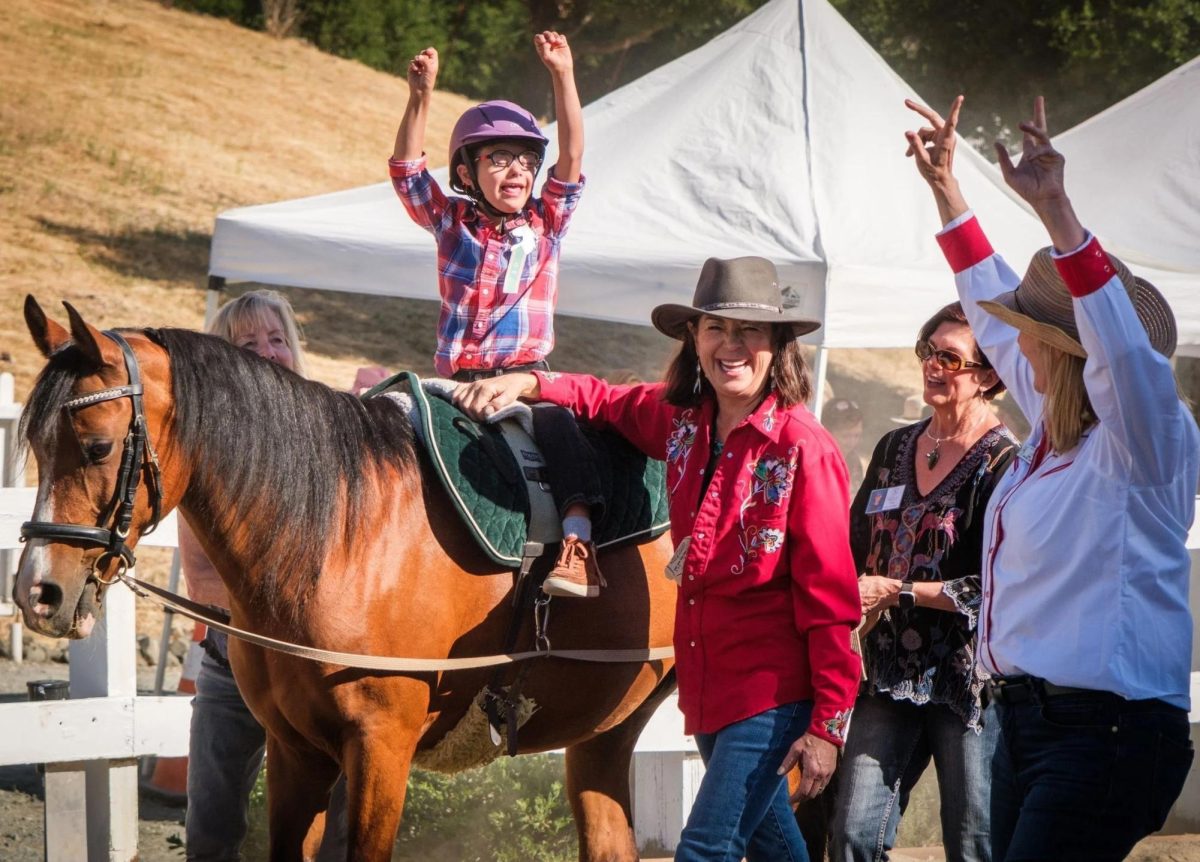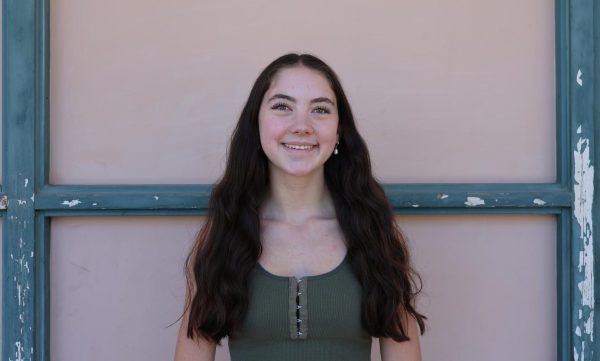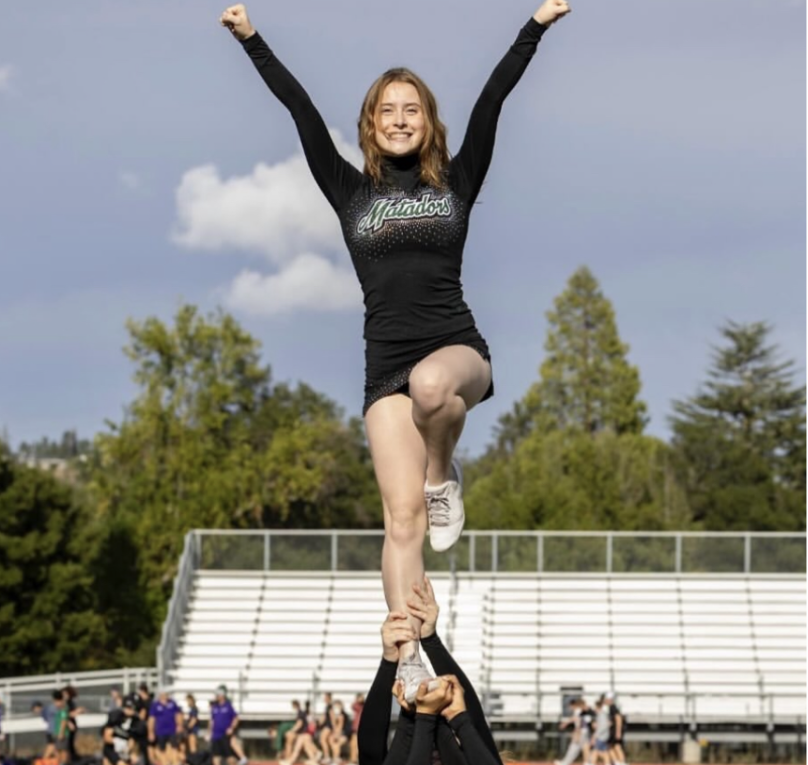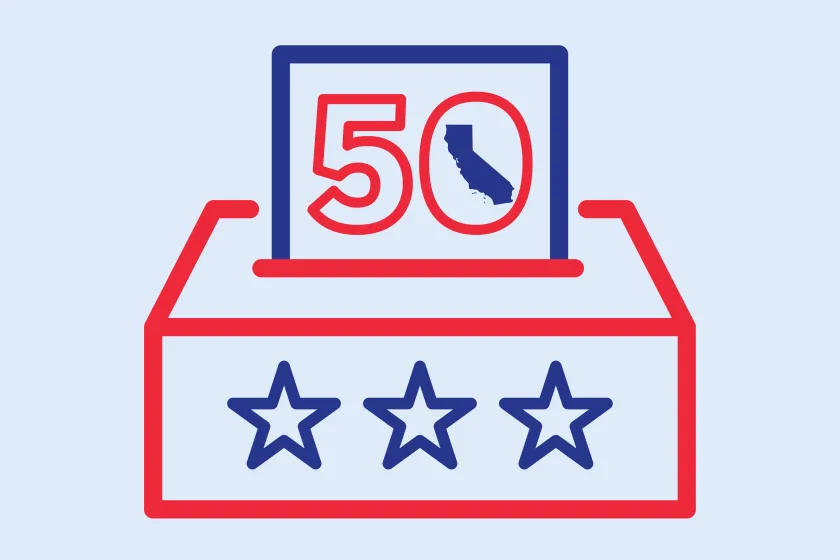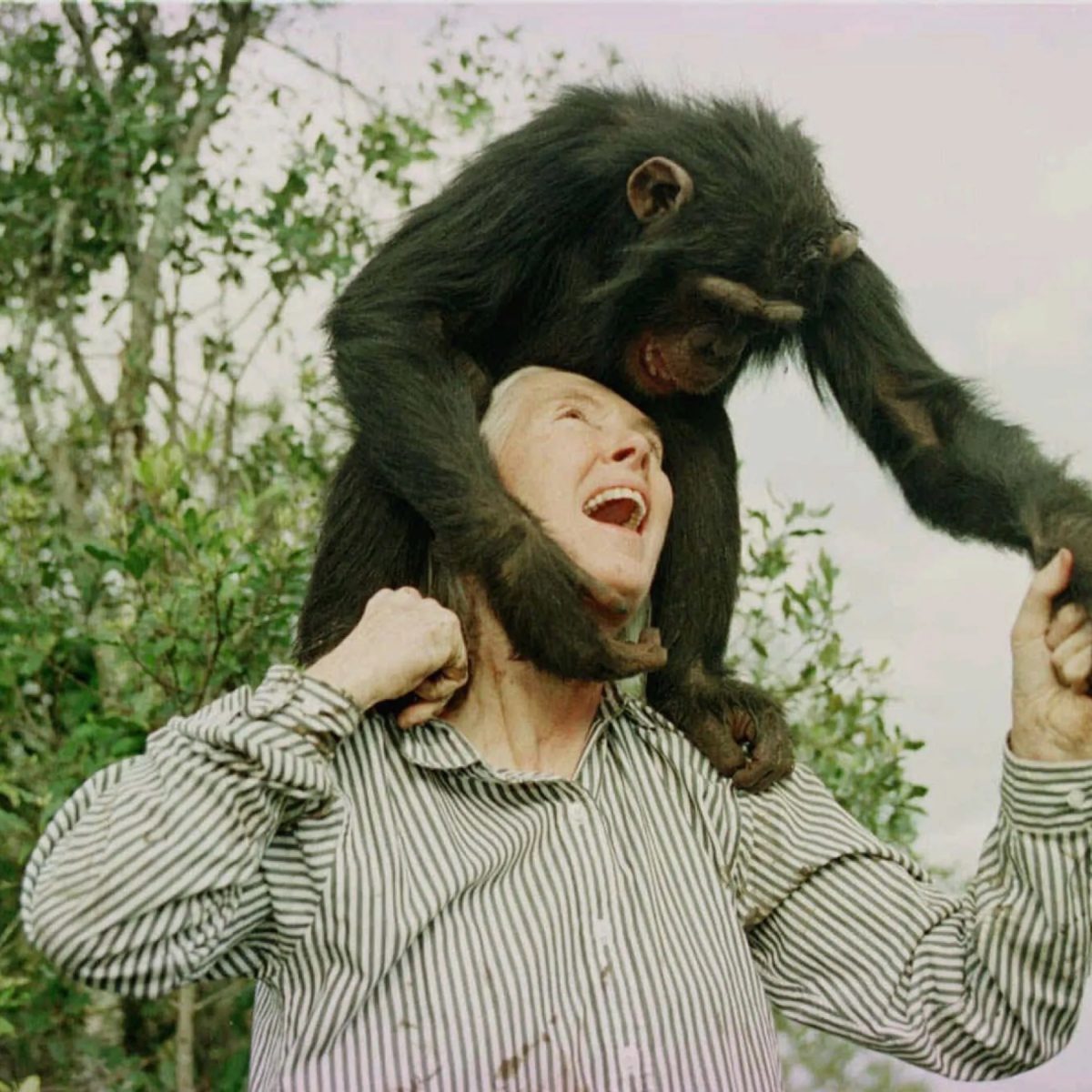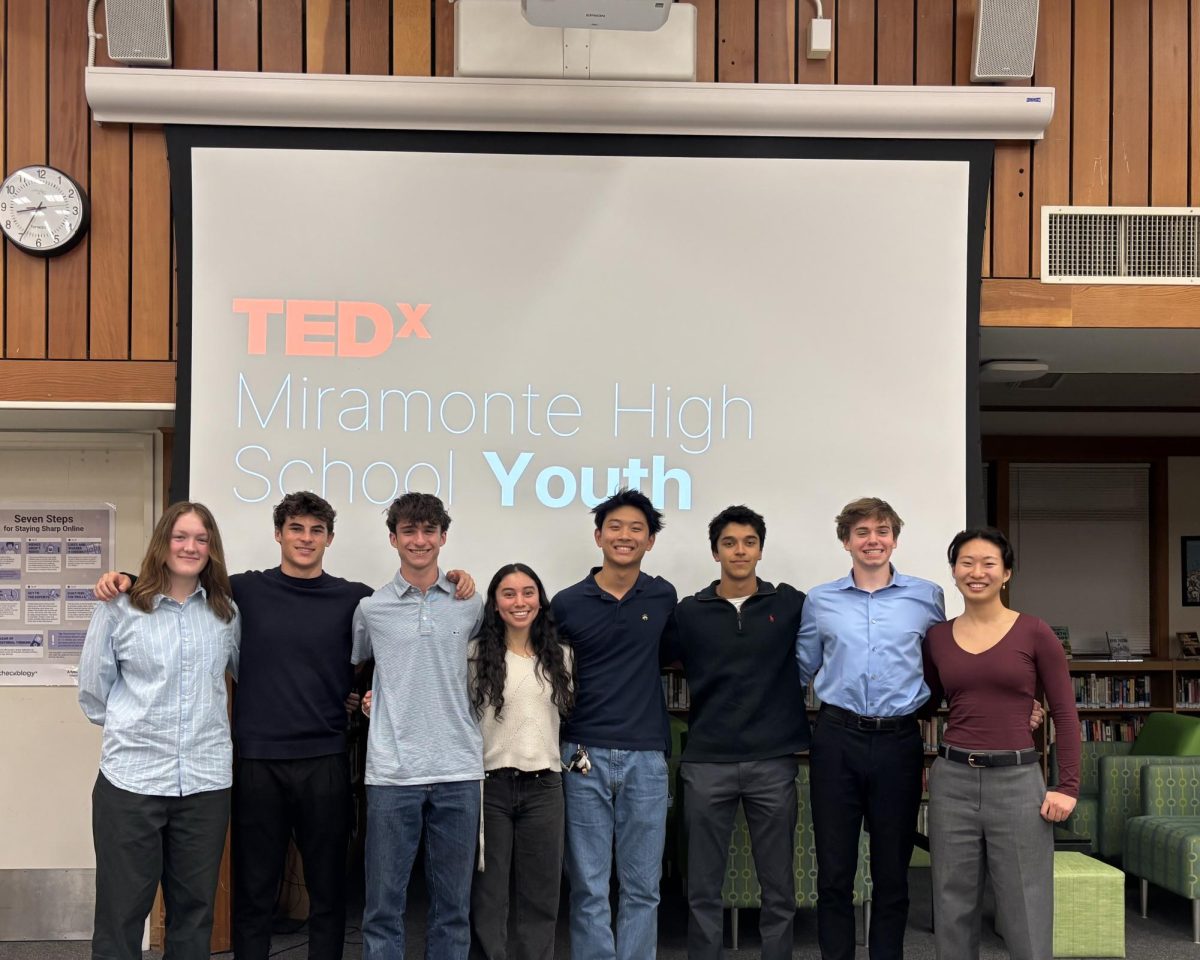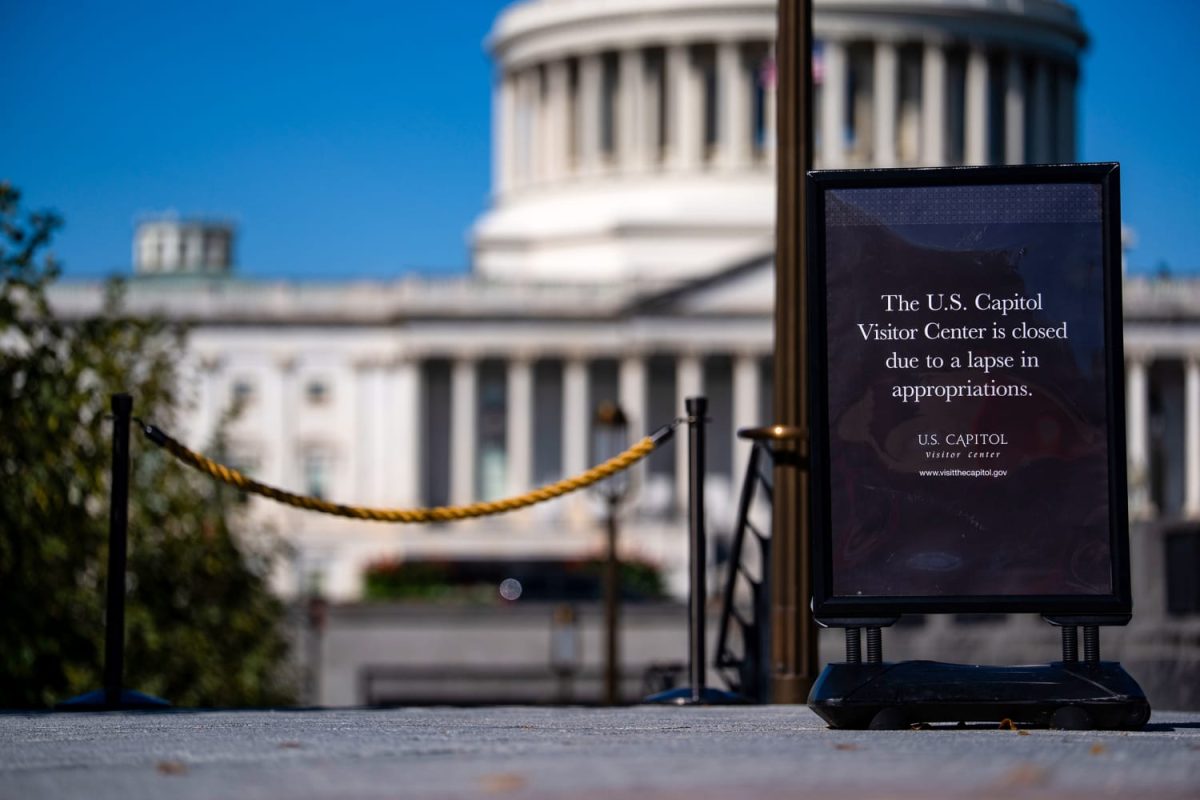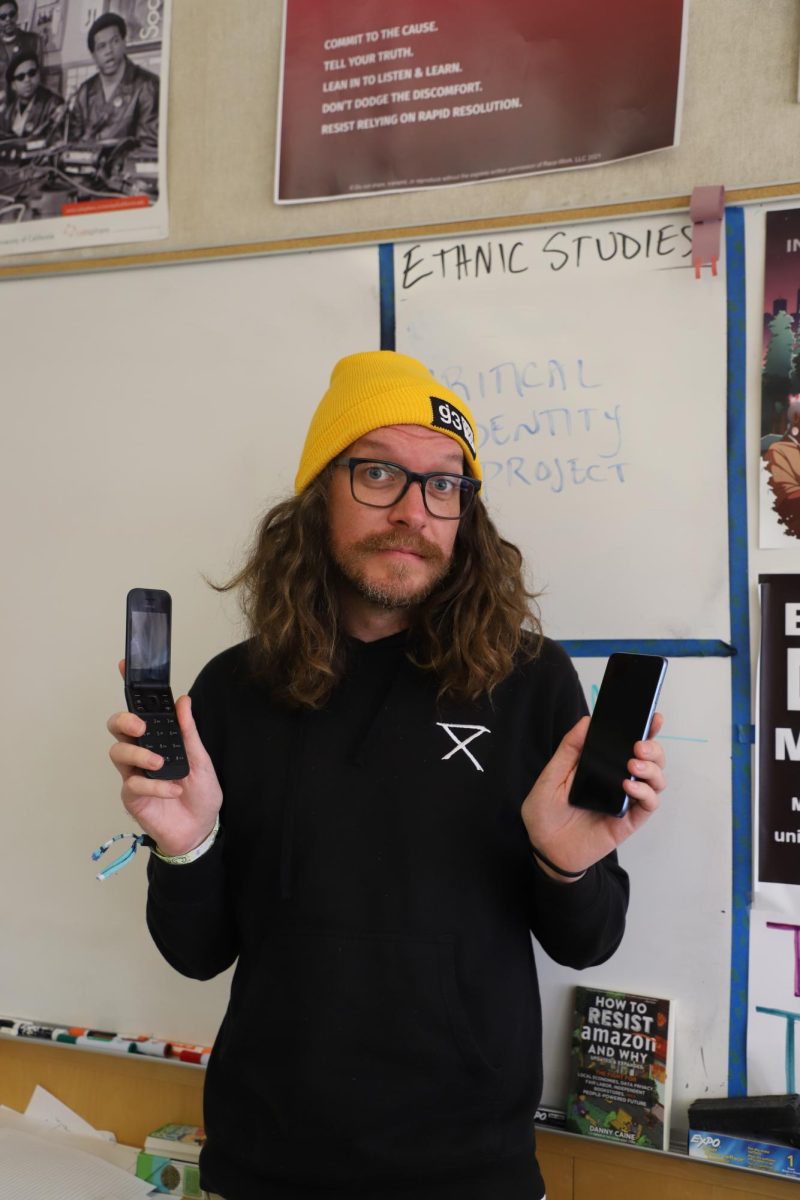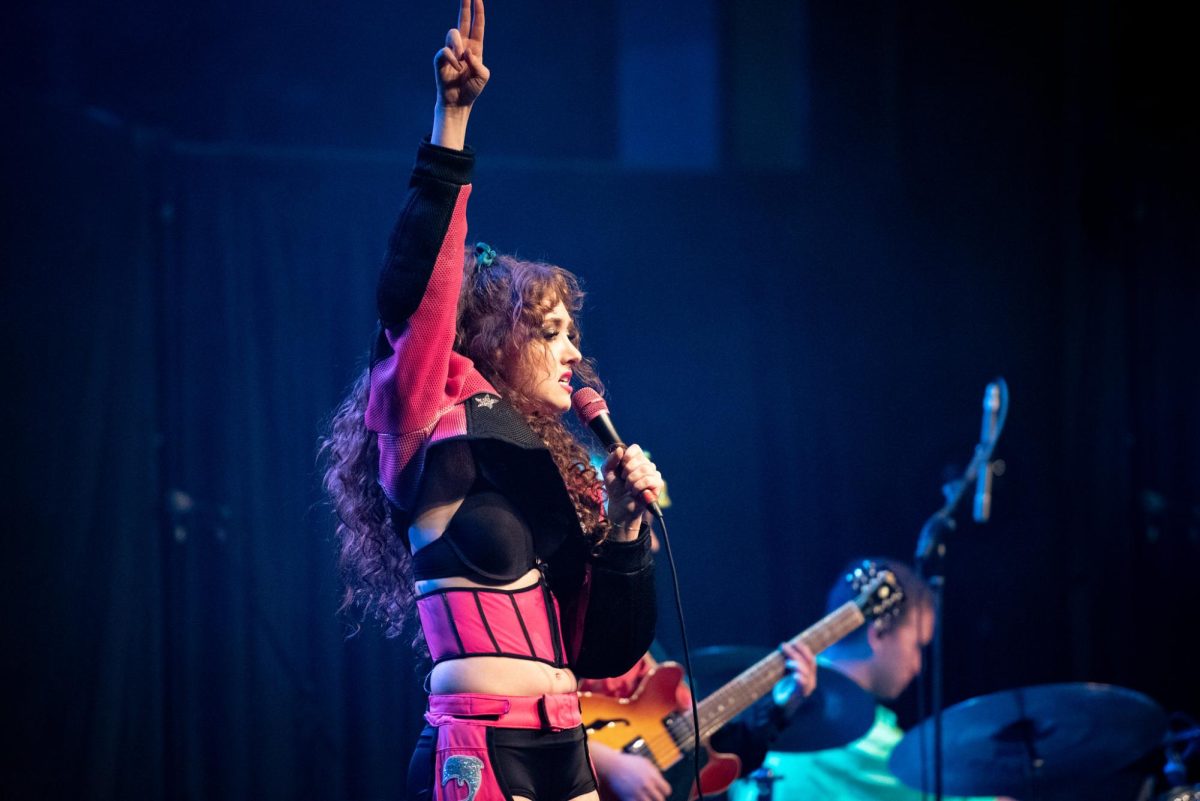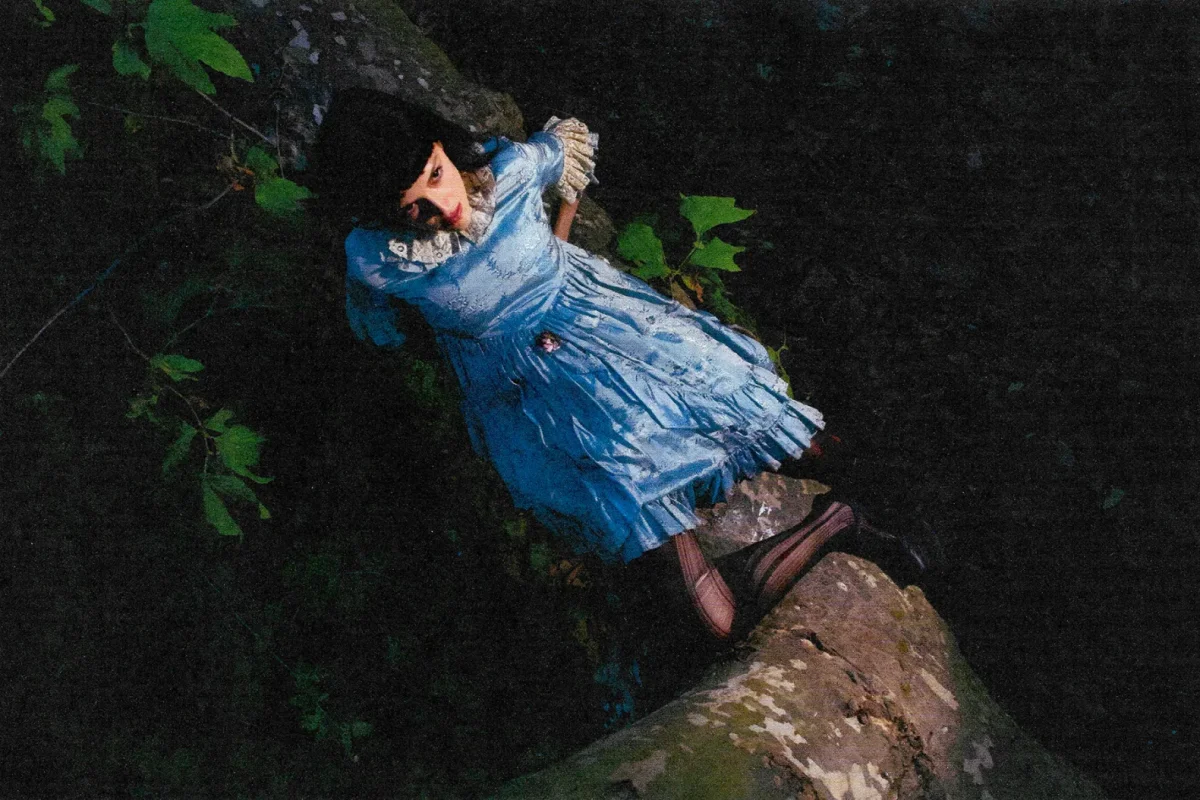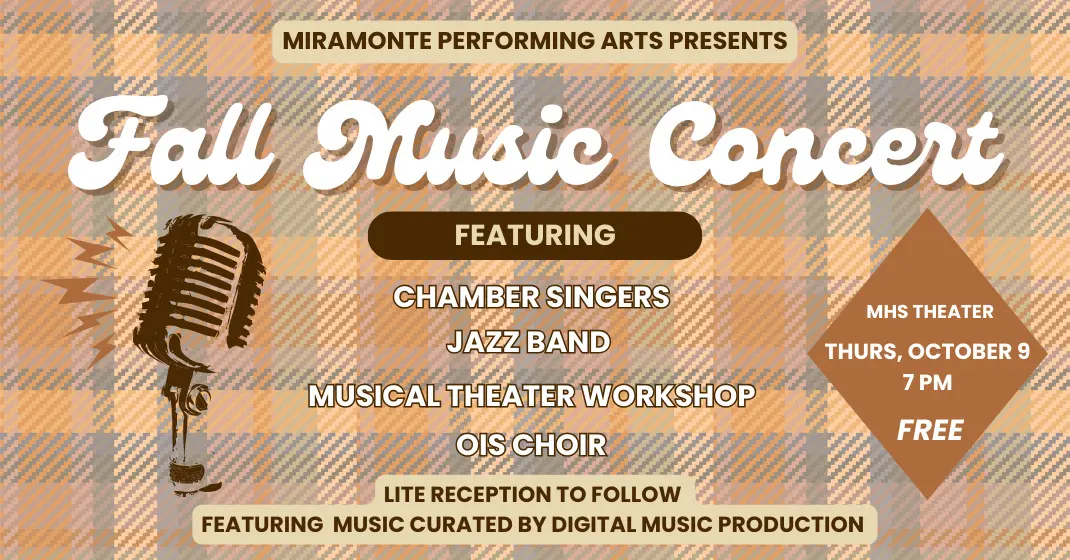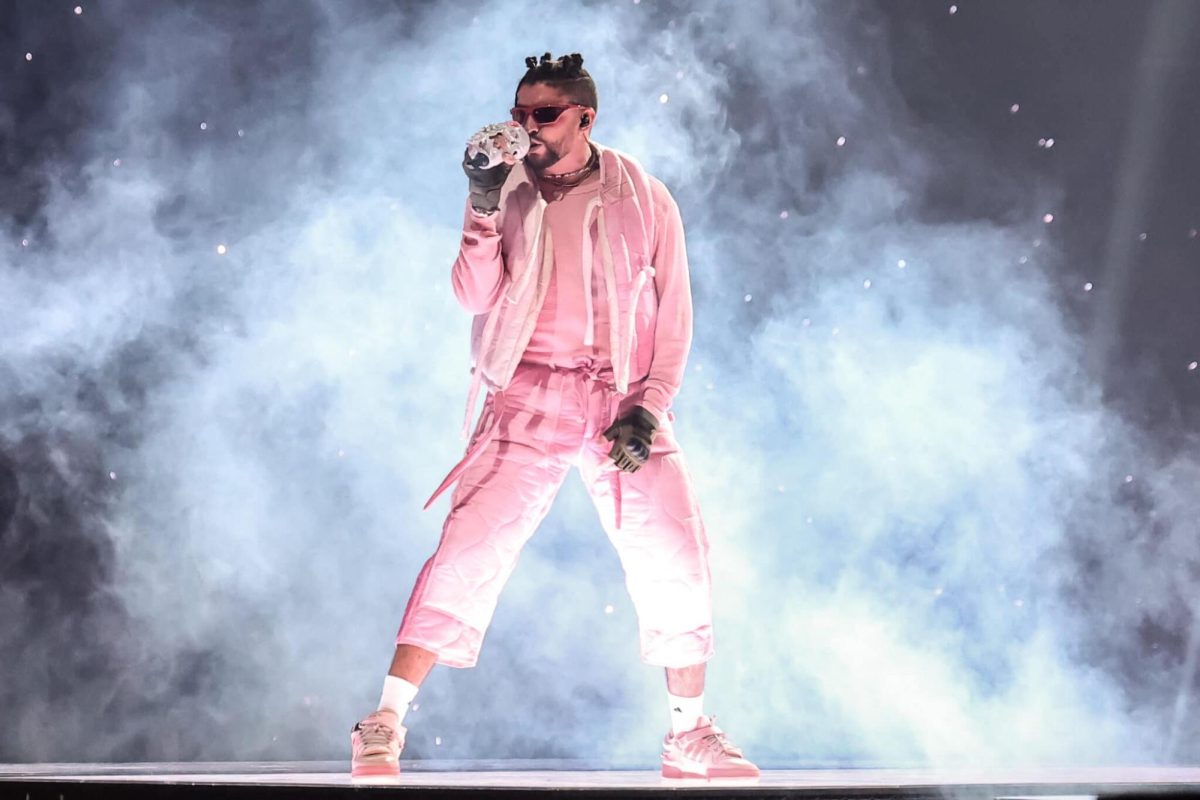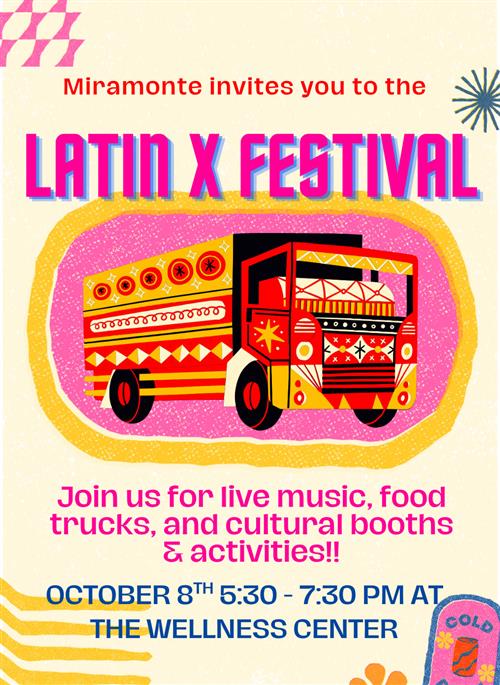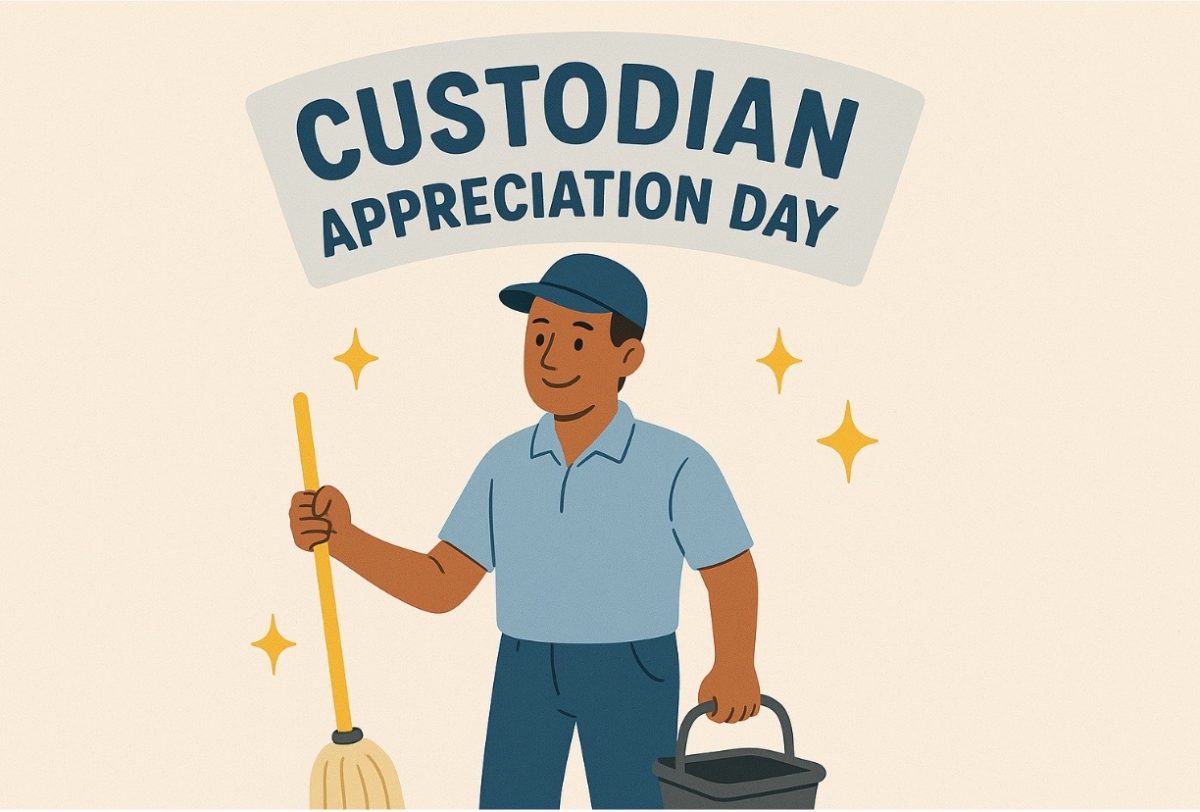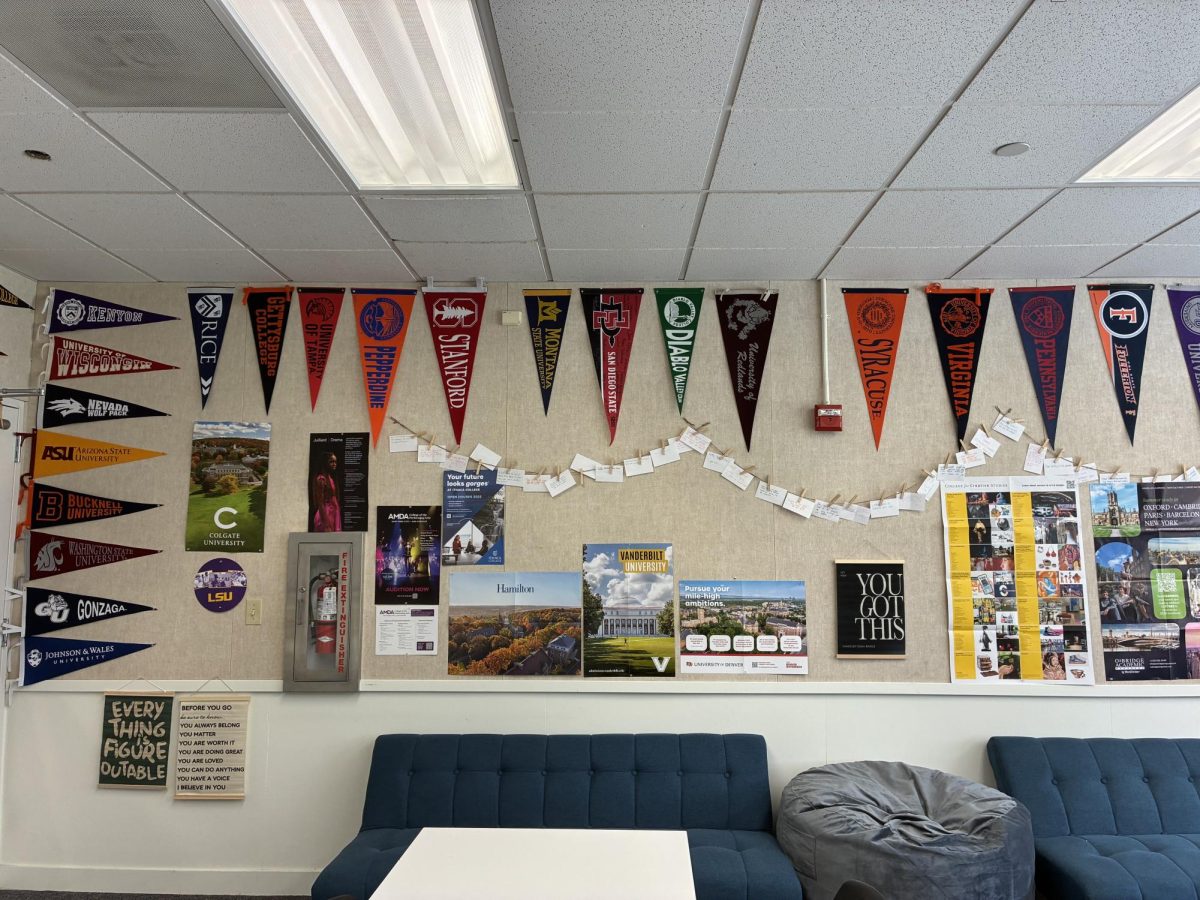Xenophon, a non-profit organization based in Orinda offering therapeutic horseback riding services to individuals with disabilities. The program depends on volunteers and the community to serve children, adults, and veterans with a range of diagnoses.
The program incorporates horseback riding for individuals with disabilities and human-animal interaction to support participants’ physical, cognitive, and emotional well-being. Riders at Xenophon have various disabilities, the primary ones being autism spectrum disorder, cerebral palsy, down syndrome, sensory processing disorders, and attention deficit hyperactivity disorder (ADHD). Many riders experience challenges with basic motor skills such as dressing, eating, walking independently, or communicating verbally. The movement of the horses provides benefits for these clients.
“The horse’s pelvis moves in a similar way to the human pelvis, and for those that cannot walk, or walk with difficulties, the movement mimics walking and allows for growth of the muscles, joints, ligaments, and can even cause exponential cognitive growth,” volunteer coordinator Rebecca Wernicke said.
Xenophon has two participant pathways: therapeutic riding and physical therapy. When a rider on the therapeutic riding track demonstrates progress, they advance to independent riding when they are able to follow directions well, and have good sportsmanship and impulse control. On the other hand, physical therapy clients develop strong muscles and improved motor skills from riding horses.
“We have had clients who had no body control and clients who could not walk or weight bear (stand). After about two years of service, these clients now have head and neck control, and some can stand and walk on their own with some assistance,” Wernicke said.
Xenophon was founded by Judy Lazarus, who has a son on the autism spectrum. At the time, there were few activities available for children with disabilities, and she wanted her son to have the chance to spend time outdoors. In 1993, she found a horse named Xenophon and started doing therapeutic riding with the horse. Lazarus wanted to make this opportunity available to all children with disabilities. Now, 32 years later, the organization serves 57 clients per week.
Some Miramonte students volunteer at Xenophon, supporting riders with disabilities through therapeutic horseback riding. “A moment that really stood out to me was when I was volunteering at a special event for Xenophon, and there were so many people helping out to make the event the best it could be,” sophomore Cameron Kuhns said. In a typical session, volunteers arrive five minutes early to prepare themselves, then assist the instructor and client in the mounting area. Following warm-ups that assess flexibility and strength, clients practice riding skills with help from sidewalkers, who walk beside riders with disabilities, and those responsible for managing the horse during lessons. After working on riding skills, the group plays a game to take a break. “Towards the end of the lesson, I like to ask my rider if there is anything they want to do before the end of their lesson. We might practice some skills or play another game,” Wernicke said.
Volunteering requires a specific skill set, and staff at Xenophon look for those qualities in their volunteers. “You need to be calm to work around horses, and patience goes a long way working with kids. The best volunteers are here looking to benefit others,” Wernicke said.
Many volunteers’ favorite moments are spent working directly with the riders. “The most rewarding part of volunteering is probably seeing the excitement and joy on people’s faces when they see and ride the horses,” Kuhns said. Another Miramonte volunteer, Palig Horoupian, agrees that watching riders enjoy their lessons is one of the best parts of the experience. “Seeing the kids happy after a lesson is so rewarding,” Horoupian said.
The program continues to offer opportunities for volunteers and riders to connect through therapeutic horseback riding. Volunteers must complete training before assisting in lessons with the clients and horses.
One of Horoupian’s most memorable experiences came while working with a young boy who was deaf. “It was truly such a powerful experience, seeing him smile and laugh at little things when he couldn’t even understand us. He was laughing so hard and had the biggest smile. It was such a truly amazing memory that I cherish till this day,” Horoupian said.

